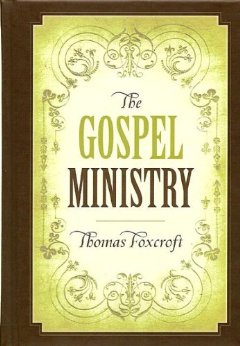Since I heard about N. T. Wright’s new book on the Psalms I have been waiting for it to come out. While I have my differences with Wright, I am glad to hear him speaking on this important issue.
He recently did an interview with Christianity Today on the topic of the Psalms which is quite useful. Here are a couple of excerpts:
For us to distance ourselves from the Psalms inevitably means distancing ourselves from Jesus. …
When people give up using the Psalms, they often invent poor substitutes—songs, prayers, or poems that have a bit of Christian emotion and a bit of doctrine, but nonetheless lack the Psalter’s depth, passion, and rich variety of expression. If one tries to do without the Psalms, there is an identifiable blank at the heart of things.
The full interview is not very long and is worth reading. If you have read any on this site, you will know that I resonate with the things Wright is saying here. We need the Psalms, and it is not difficult to get started using them in singing and praying.

